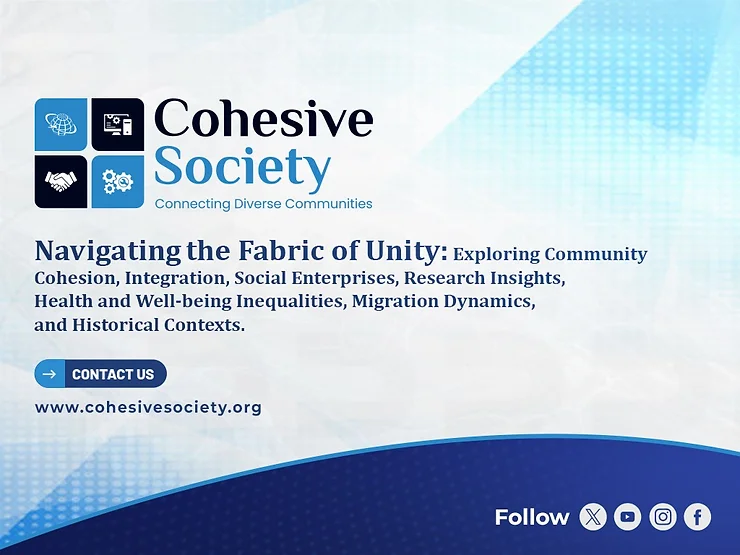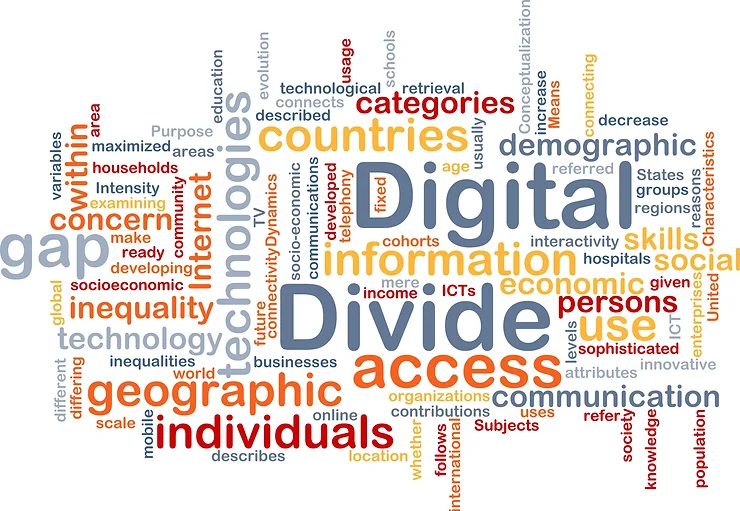At Cohesive Society CIC, we firmly believe that education is the foundation of empowerment, particularly for BAME (Black, Asian, and Minority Ethnic) communities. Education is not merely the transfer of knowledge but the gateway to opportunities, economic prosperity, and social mobility. However, the educational experiences of young people from BAME backgrounds often come with additional challenges that can affect their ability to excel. These hurdles are real and impactful, whether it’s the struggle to overcome language barriers, the need to navigate cultural differences, or the difficulty in accessing essential resources.
To create a society that genuinely values equality, it is crucial to recognize and address the specific needs of BAME students. Providing extra support isn’t just about levelling the playing field—it’s about ensuring that young people from all backgrounds can realize their full potential. In this blog post, we’ll explore why extra educational support is essential for BAME students, the barriers they face, and how organizations like Cohesive Society CIC can help bridge the gap and create a brighter future for all.

The Challenges BAME Students Face
While all students face challenges on their educational journey, BAME students often encounter additional obstacles that can impede their progress and success. These challenges stem from a variety of factors, including:
1. Language Barriers
For many students from immigrant families, English may not be their first language. This language barrier can present significant difficulties, especially when understanding complex academic content, participating in classroom discussions, or writing essays. The ability to express ideas is a critical component of academic success, and without fluency in the language of instruction, students may struggle to keep up.
2. Cultural Differences
Cultural differences can influence how students engage with their education. For instance, the expectations that parents or communities place on education can vary widely. In some cultures, education may be viewed as a collective family responsibility; in others, students may be expected to manage their educational journey independently. This can lead to misunderstandings between students, their families, and academic institutions about how best to support the learner.
Moreover, students from minority backgrounds may experience a lack of representation in the curriculum, which can make it difficult for them to feel a sense of belonging. The absence of diverse role models or examples of success from their community can leave BAME students feeling isolated or disconnected from their education.
3. Socioeconomic Disparities
One of the most significant barriers to educational success for many BAME students is the socioeconomic disparities that disproportionately affect minority communities. Families from lower-income backgrounds may not have access to the same resources as more affluent families. This includes access to educational materials, extracurricular activities, tutoring, and even quiet study spaces at home.
The digital divide is another challenge, especially in today’s tech-driven world. BAME students from lower-income households may lack internet or digital device access, limiting their ability to participate fully in online learning and research opportunities.

4. Discrimination and Bias
Sadly, discrimination and bias still exist within many educational systems. Whether it’s in the form of lower expectations from teachers or a curriculum that does not reflect the diversity of students, these biases can hurt the self-esteem and motivation of BAME students. Microaggressions or overt discrimination can also alienate students, further hindering their ability to perform to the best of their ability.
The Importance of Extra Educational Support
Given the challenges BAME students face, it’s clear that providing extra educational support is essential. This support can come in many forms, from tailored learning resources to mentorship and community programs that foster a sense of belonging. Here’s why these forms of assistance are so important:
1. Tailored Resources
One-size-fits-all approaches to education do not work for all students. To meet the unique needs of BAME students, it’s essential to provide tailored resources that reflect their cultural backgrounds and experiences. This might include bilingual learning materials, culturally relevant curriculum content, or access to tutors who understand the specific challenges minority students face. When students see themselves reflected in their learning, they are more likely to feel engaged and motivated to succeed.
2. Mentorship and Role Models
Mentorship can be a game-changer for BAME students. Having a mentor who has overcome similar challenges can inspire students to stay focused on their goals and provide valuable guidance on navigating obstacles. Mentors can also help students build a support network, offering advice on everything from academic decisions to career planning.
In addition to mentorship, providing students with access to diverse role models—both in the classroom and beyond—can be incredibly powerful. When students see people from their community succeeding in various fields, it helps them envision their success.

3. Culturally Sensitive Support Services
BAME students may require support services that consider their cultural backgrounds. These could include counselling services that are sensitive to the challenges faced by minority students, workshops on managing cultural expectations alongside academic demands, or even family engagement programs that bridge the gap between home and school.
By offering these services, schools and community organizations can create an environment where students feel understood and supported in every aspect of their educational journey.
How Cohesive Society CIC is Making a Difference
At Cohesive Society CIC, our mission is to ensure that young people from BAME communities receive the help they need to overcome the obstacles in their educational paths and achieve their dreams. We understand that to create a truly equitable society, we must focus on removing the barriers that prevent minority students from reaching their full potential.
Our approach includes:
- Providing Educational Workshops and Tutoring: We offer workshops that focus on everything from language support to career development. Our tutoring services are tailored to the individual needs of each student, ensuring that they receive the specific help they need to succeed.
- Mentorship Programs: Through our mentorship initiatives, we connect students with professionals from similar backgrounds who can offer guidance, support, and encouragement as they navigate their academic and career journeys.
- Community Engagement and Cultural Awareness: We work closely with families, schools, and local organizations to raise awareness of the challenges faced by BAME students. By fostering an environment of understanding and inclusivity, we hope to create a community where all students feel valued and supported.
- Access to Resources: Whether we provide digital devices for students in need or offer a quiet place to study, we are committed to ensuring that every student has access to the resources they need to succeed.

A Brighter Future for All
In conclusion, addressing the extra educational needs of BAME students is not just about helping individual students—it’s about creating a more equitable society where everyone can succeed. At Cohesive Society CIC, we provide the support and resources BAME students need to thrive. By working together as a community, we can ensure that every student, regardless of their background, has the chance to reach their full potential.
Let’s build a future in which no student is left behind and every young person has the tools they need to excel in their studies and beyond.
🌍📚✨ #EmpoweringYouth #BAMEEducation #CohesiveSociety #FutureSuccess
Hi, this is a comment.
To get started with moderating, editing, and deleting comments, please visit the Comments screen in the dashboard.
Commenter avatars come from Gravatar.